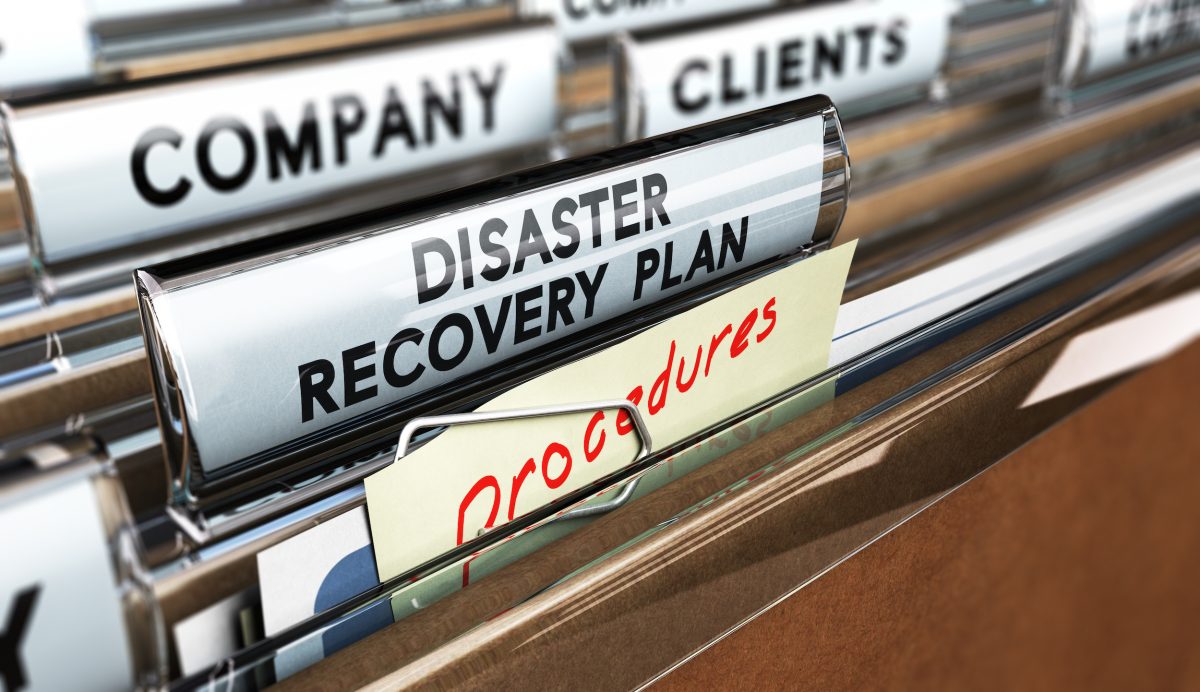Since New York Rep. Anthony Weiner sent scandal to the Twittersphere last weekend, social and traditional media alike are struck with another famous frenzy. As PR pros, our first thoughts and fascinations with the story likely center around our common crisis thought: “Imagine handling his PR now…”
After one photo in one tweet revealed a virtual e-ffair across social media platforms, Weiner denied his direct message vs. public tweet mistake and claimed his online social networking accounts had been hacked. After story skeptics exposed more, he had no other choice but to come clean and attempt to choose his next move.
There are common lessons that serve as the foundation for crisis communication and PR management. When scandal strikes or chaos ensues, it’s important that we remember to go back to our roots before we dig a deeper hole for credibility to fall into.
Pause and plan. It’s human nature in the heat of the moment where vulnerability is exposed to protect yourself from the shock temporarily. Don’t use a band-aid fix to prolong the inevitable. There’s always time for strategy when you have a plan ready. Think big picture and long-term.
Full disclosure first. The “honesty is the best policy” theory is not just a line. At the end of the day, do you want your client’s constituents to say they can’t trust them for the truth? Be proactive and be the first to say what your public needs to know right away. Then the message is crafted strategically from your client from the start to best handle a bad situation the way you want to. Even though it’s uncomfortable to be the bearer of bad news and to admit to making a mistake, in the long run, respect is worth more than a brief stroll down easy street.
Online lives forever. You can tweet and delete, but each second something is written and live, someone could have seen it. In recent years, the entire world of communications has changed. If you choose to expose yourself online, be prepared to post only what is fair game for the public. You never know when you might accidentally send a public tweet instead of a private DM. Best way to avoid this all together? Don't post anything online that you don't want people to see or know!
What else should we remember when handling crisis communications, both in person and online? What other examples can you remember learning from in the past?

